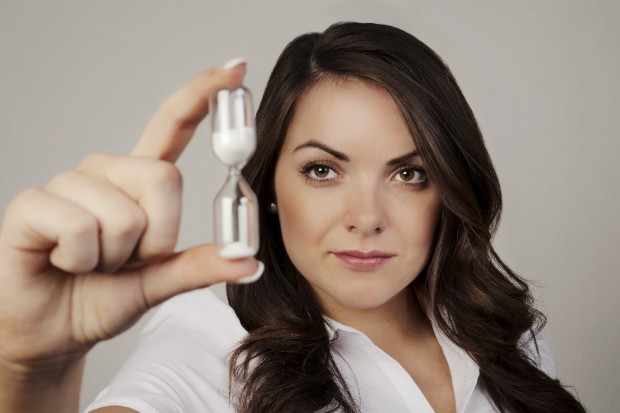Then she dives into the data. For example, where does the statistic showing that one-third of women 35 to 39 will not be pregnant after a year of trying come from?
French birth records from 1670 to 1830.
"In other words," Twenge writes, "millions of women are being told when to get pregnant based on statistics from a time before electricity, antibiotics or fertility treatment."
Back in 2007 I was thinking about statistics in a different way at the annual Health Journalism conference in Los Angeles. At a session on "Innovations in Reproductive Health," I listened as Dr. Richard Paulsen, director of USC Fertility, discussed the decline in fertility that happens to women over 35. I queried him after his talk, pointing out my own purely anecdotal observations in my neighborhood. He confirmed that we "don't know the denominator." In other words, women who seek fertility treatments are by definition having trouble getting pregnant. There wasn't a lot of data looking at the population of women over 35, trying to get pregnant and succeeding.
But that's changing, as Twenge reports. While 21st century data on modern women who want to get pregnant are still "sparse," she cited these:
- Obstetrics & Gynecology: of couples having sex twice a week, 82 percent of 35-to-39 year old women conceive within a year vs. 86 percent of 27-to-34 year olds
- Fertility and Sterility: of couples having sex during their fertile times, 78 percent of 35-to-40 year olds got pregnant within a year vs. 84 percent of 20-to-34 year olds
Again, these studies are limited, but they are starting to get at a better "denominator" that Dr. Paulsen and I discussed several years ago. There is a decline, but in this limited data set if appears to be much more gradual than has been widely reported. In addition, that decline "is still of relatively limited use to individuals, given the large range of fertility found in healthy women," Allen Wilcox of the NIH tells Twenge.
In closing her piece, Twenge says the data, though imperfect, lead her to two conclusions:
No. 1: fertility declines with age. No. 2, and much more relevant: the vast majority of women in their late 30s will be able to get pregnant on their own.
Learn more:
How Long Can You Wait to Have a Baby? (The Atlantic)
